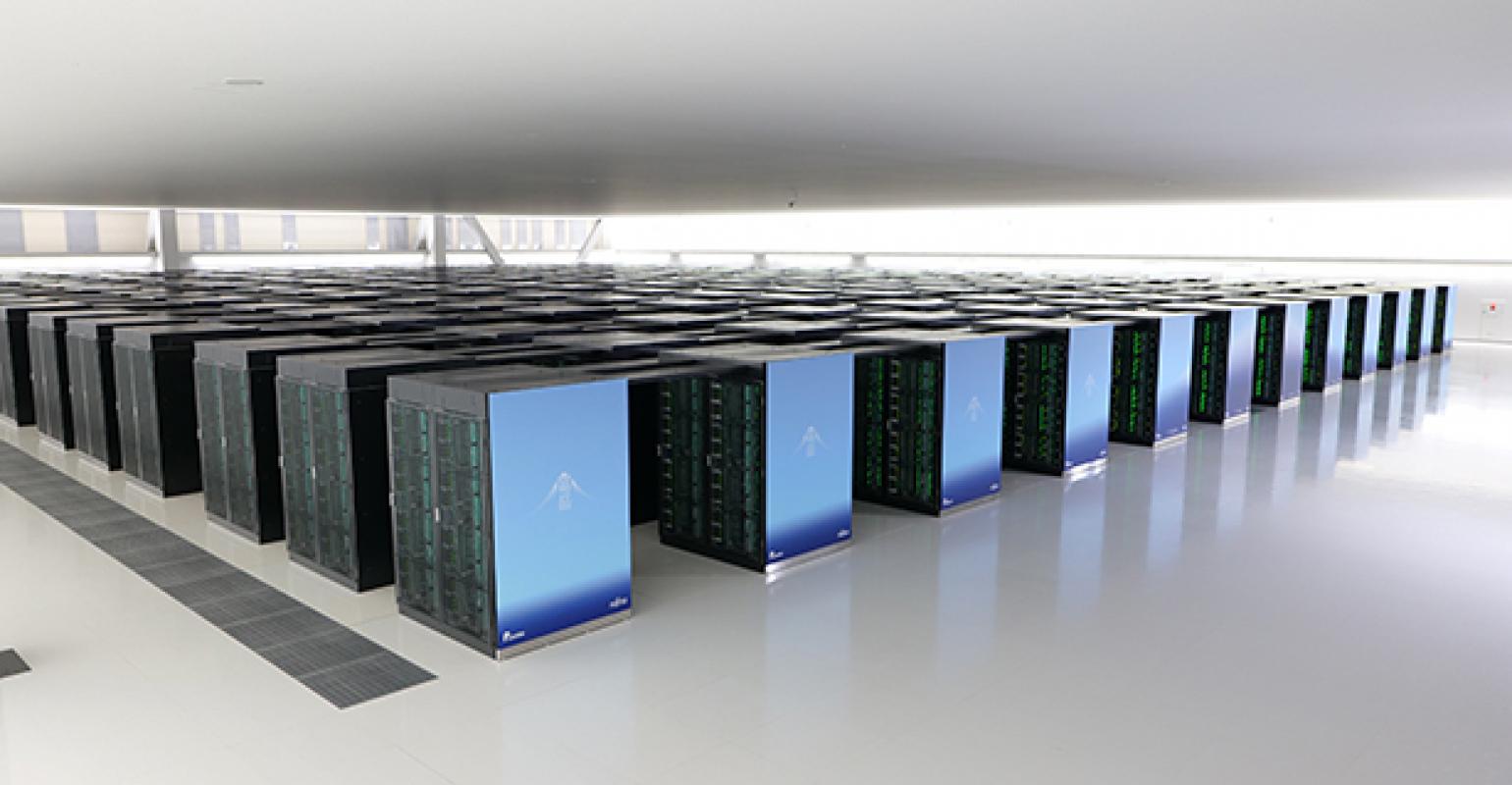
The Fugaku supercomputer, developed by Fujitsu and Japan’s national research institute Riken, has defended its title as the world’s fastest supercomputer, beating competitors from China and the U.S. Fugaku held the top spot on the TOP500 list by achieving a score of 442 petaflops, or quadrillions of floating point operations per second. In second place was IBM’s Summit supercomputer, which scored just 148 petaflops. Fugaku also topped three other categories including performance in artificial intelligence and big data processing capacity.The Japan Automobile Manufacturers Association plans to use Fugaku to help automakers develop vehicle structures that are more resilient by using AI to study collision impacts.


What about Allah’s Creation
Scientists in the West consider this computer at the top of technological and scientific advancement. If we compare this giant computer to a tiny insect such as the mosquito, the mosquito will definitely surpass this device. In the mosquito’s brain, there are several hundred thousands of cells and in every cell there’s an extremely complex computer.
The supercomputer needs a complete building as well as a team of engineers and researchers. It also requires a special power plant, coolers, noise reduction devices, and control systems. This computer has 65,000 processors while the brain of one bee has almost a million processors. Most of the head is compound eyes that have thousands of lenses through which the mosquito could see and find its way when flying.
“God is the Creator of all things, and He is the Guardian and Disposer if all affairs.”

